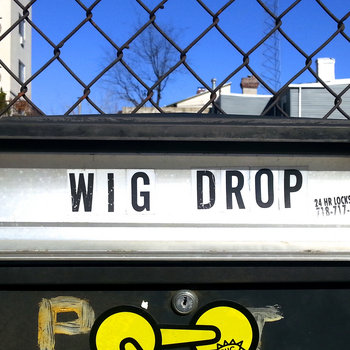Peter Brotzmann & Cecil Taylor, http://www.peterbroetzmann.com/
I love these thoughts on improvisation:
For you, is improvisation, a pleasure, a risk, or both?
It ought be a pleasure and most of the time, I have to, say it is. I’ve been lucky to have been with the right people. But improvisation can really become quite boring and silly when you are on stage with people who don’t listen or with people who think that they can do just what they want. The first thing you have to learn when you play this music, when you’re on stage, is respect for each other, that means you have to listen, to be aware of what is going on, you have to take a back seat sometimes. I know it may sound strange when I start saying these kinds of things because sometimes I’m quite forward on stage and I push myself or others into action. I don’t see this as a contradiction, which brings me to the second part of the question, the risk. From my point of view, the music has a beginning and it must have an end, but in between these two points whatever else is happening, you have to keep the tension up. Sometimes if you have the feeling the music is coming down to nothing, which means it has no meaning, nobody needs that, you have to push yourself sometimes, you have to push the others, you have to take that risk that the whole thing could break down. The other side is that risk can develop into something if you have the right combination of guys and I’m happy to say that most of the time that was the case and then taking risks was just a pleasure. I mean, working with Bennink for example for so many years, on stage with him was always just such a risk, I could have killed him, and sometimes it was far cry from any kind of pleasure. Another way of taking risks is to go on stage with ten or eleven people with no score, with no discussion, no ideas, just you. That kind of risk is only possible if there’s a trust between everybody who is involved, then the music takes care of itself. So, both things, pleasure and risk, are in a way two sides of the same coin. (Peter Brötzmann, from We Thought We Could Change the World, Brötzmann and Rouy, 2014, quoted here)
.jpg)



